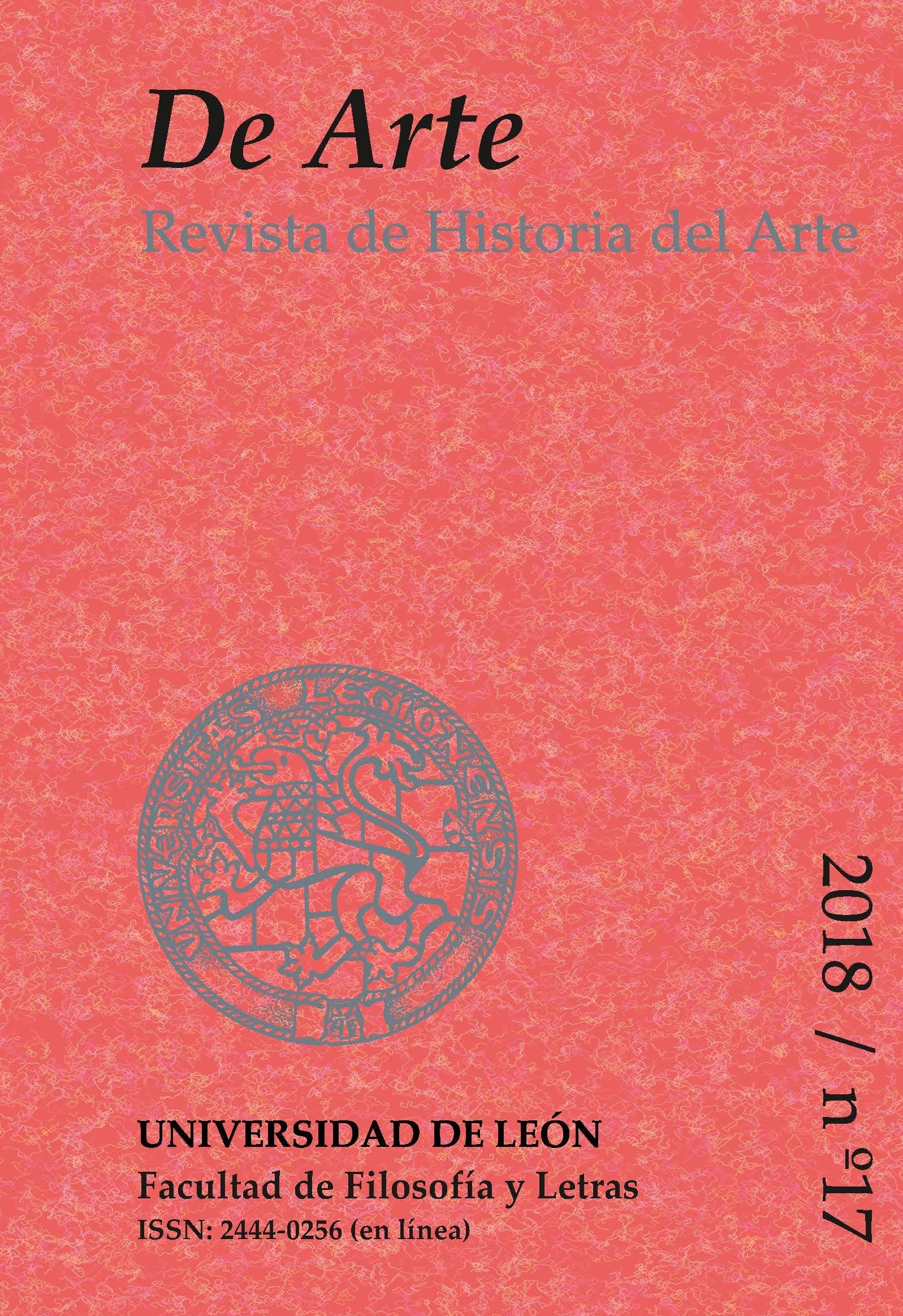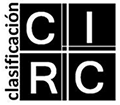Rector Father Castañeda’s artistic patronage at the Jesuit College of Oaxaca as revealed in his personal correspondence
DOI:
https://doi.org/10.18002/da.v0i17.5368Palabras clave:
New Spain, Viceroyalty, Jesuits, Jesuit Iconography, Jesuit Colleges, Miguel Cabrera, Juan Patricio Morlete, Felipe de Ureña, Our Lady of Loreto, OaxacaAgencias Financiadoras:
Art History Department, Virginia Commonwealth UniversityResumen
The Jesuits carried out a noteworthy educational mission in the Viceroyalty of New Spain. For that purpose they built capable edifices and decorated them with artistic contents that facilitated that endeavor, and allowed it to thrive. One of those complexes was the College of Oaxaca, the primary educational institution in one of the most prosperous viceregal cities and third in importance among the more than thirty colleges that the Jesuits founded in New Spain, representing a clear example of the process of spiritual, intellectual, and material expansion that the Society of Jesus carried out in Spanish America. The discovery, among other documents, of a set of letters penned by one of its last rectors has revealed that it once featured a significantly rich artistic program, one that, unfortunately, has been progressively disappearing since the banishment of the Jesuits from Oaxaca in 1767.
Descargas
Métricas alternativas
Citas
ALCALÁ, L. E. (ed.), Fundaciones Jesuíticas en Iberoamérica, Madrid, 2003.
ALCALÁ, L. E. (ed.), “Miguel Cabrera y la Congregación de la Purísima”, Anales del Instituto de Investigaciones Estéticas, vol. XXXIII, n˚ 99, 2011, pp. 111-136.
MELLADO, M., The Architecture of Knowledge: The Jesuit College of Oaxaca (XVI-XIX Centuries), “Tesis doctoral defendida en Virginia Commonwealth University”, Ann Arbor, 2015.
BURRUS, E. and ZUBILLAGA, F. (eds.), Historia de la Provincia de la Compañía de Jesús de Nueva España, 1956-1960.
CHANFÓN OLMOS, C. (coord.), Historia de la arquitectura y el urbanismo mexicanos, Vol. 2, México, 2001.
DECORME, G., La obra de los jesuitas mexicanos durante la época colonial, 1572-1767, Vol. 1, México, 1941.
KATZEW, I., La pintura de castas. Representaciones raciales en el México del siglo XVIII, México, 2004.
MÂLE, E., El arte religioso de la Contrarreforma. Estudios sobre la iconografía del final del siglo XVI y de los siglos XVII y XVIII, Madrid, 2001.
RIVERA, L., “La devoción jesuita a la Santa Casa de Loreto”, Boletín Guadalupano, n˚ 93, 2008, pp. 10-12.
RODRÍGUEZ G. DE CEBALLOS, A., “La iconografía de San Ignacio de Loyola y los ciclos pintados de su vida en España e Hispanoamérica”, in J. PLAZAOLA (ed.), Ignacio de Loyola y su tiempo. Congreso Internacional de Historia, Bilbao, 1992, pp. 107-128.
ROMERO DE TERREROS, M., El arte en México durante el Virreinato, resumen histórico, México, 1951.
SANCHIZ, J., “El grupo familiar de Juan Gil Patricio Morlete Ruiz, pintor novohispano”, Anales del Instituto de Investigaciones Estéticas, vol. XXXV, n˚ 103, 2013, pp. 199-230.
TOUSSAINT, M., Pintura colonial en México, México, 1965.
Descargas
Publicado
Número
Sección
Licencia
Derechos de autor 2018 Marina Mellado Corriente

Esta obra está bajo una licencia internacional Creative Commons Atribución-NoComercial-CompartirIgual 4.0.
Los autores que publican en esta revista están de acuerdo con los siguientes términos:
- Los autores ceden de forma no exclusiva los derechos de explotación (reproducción, distribución, comunicación pública, transformación) a la Universidad de León, por lo que pueden establecer, por separado, acuerdos adicionales para la distribución no exclusiva de la versión de la obra publicada en la revista (por ejemplo, alojarlo en un repositorio institucional o publicarlo en un libro), con un reconocimiento de su publicación inicial en esta revista.
- Este trabajo se encuentra bajo la Creative Commons Attribution-NonCommercial-ShareAlike 4.0 International License. Puede consultarse desde aquí la versión informativa y el texto legal de la licencia.
- Se permite y se anima a los autores a difundir electrónicamente las versiones pre-print (versión antes de ser evaluada) y/o post-print (versión evaluada y aceptada para su publicación) de sus obras antes de su publicación, ya que favorece su circulación y difusión más temprana y con ello un posible aumento en su citación y alcance entre la comunidad académica.









